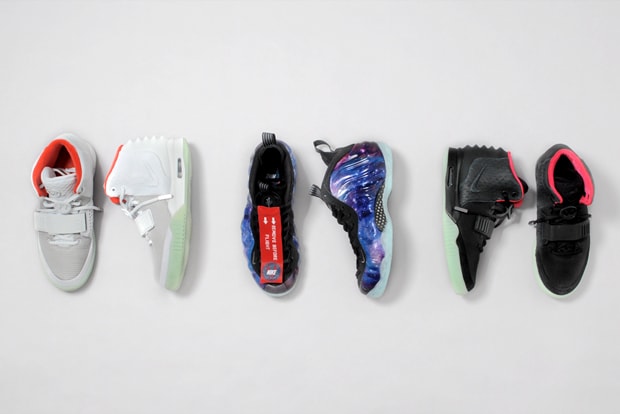Polls: Should Established Brands Change Their Name?
While certainly not the first established brand to change its name, the recent announcement that

While certainly not the first established brand to change its name, the recent announcement that Hedi Slimane would be looking to change the storied Yves Saint Laurent brand name prompted plenty of discussion surrounding the motives and track record of such a drastic re-branding motion. While Slimane’s previous shift to “Dior Homme,” or similar situations such as Nicola Formichetti’s decision to utilize the surname of only Thierry Mugler’s namesake label in favor of simply, “MUGLER,” have proven to be a successful shift, it is undeniable that applying an entirely new name to a brand is a big chance to take. But, there is something to be said about a company willing to take the risks and necessary steps to legitimize its brand to a new audience and open up its identity to a more relevant and modern era.
History has even shown that for brands such as GAP, even basic logo changes can be hard to accept for loyal consumers as well as the marketplace. Perhaps we need look no further than at the core foundations of branding theory to see why a re-branding can so often come off as absurd, unnecessary and almost bastardizing. When an established company changes elements of itself or its presentation, it is not just textual, color or shape change — it is, in essence redefining the brand to the consumers who have come to know it in only one way. It’s recreating something that we’ve become dedicated to — that we’re familiar with. Furthermore, it can be viewed as compromising to the to integrity of the name to which the brand was so long associated — exhibit A: Yves Saint Laurent, the designer.
Imagery: pretaportre

























